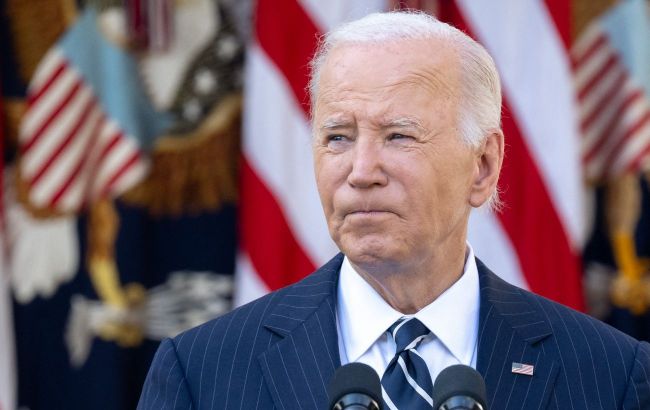What decisions on Ukraine and NATO Biden still can make: Expert's opinion
 Photo: US President Joe Biden (Getty Images)
Photo: US President Joe Biden (Getty Images)
Before the end of his presidential term, Joe Biden, in addition to political statements, has the opportunity to approve the start of negotiations on Ukraine's accession to NATO, says Dmytro Zhmailo, executive director of the Ukrainian Center for Security and Cooperation.
“A political statement is always a statement. Therefore, we should not talk about statements, but about decisions that the White House and President Joe Biden can make. For example, to give the green light to start negotiations on joining NATO,” Zhmailo said.
However, these negotiations will not automatically mean Ukraine's acceptance into the alliance. The consent of all NATO members is required. In particular, Hungary, whose Prime Minister Viktor Orbán is an open skeptic of Ukraine's Euro-Atlantic path to NATO and one of Donald Trump's close associates in Europe.
“Therefore, Trump can certainly limit Ukraine's path to NATO if he deems it necessary. However, only time will tell whether he will do it himself, through Orbán, or whether he will not restrict Ukraine's path to the alliance at all. On our part, we have to do everything we can to change Trump's possible negative stance on Ukraine's accession. There are reasonable expectations that the dialog with the newly elected future president of the United States and the leadership of Ukraine will be as good as possible,” Zhmailo said.
The invitation of Ukraine to NATO is one of the points of President Volodymyr Zelenskyy's Victory Plan. The president himself emphasized that this does not mean immediate accession to the Alliance. According to him, most NATO countries support Ukraine's invitation to join the Alliance. But several countries remain cautious.
According to a poll by the Razumkov Center, if a referendum on Ukraine's accession to NATO were held soon, 82% of respondents would participate. 86% of those who intend to participate in such a referendum would vote in favor of joining, while 10% would vote against.

